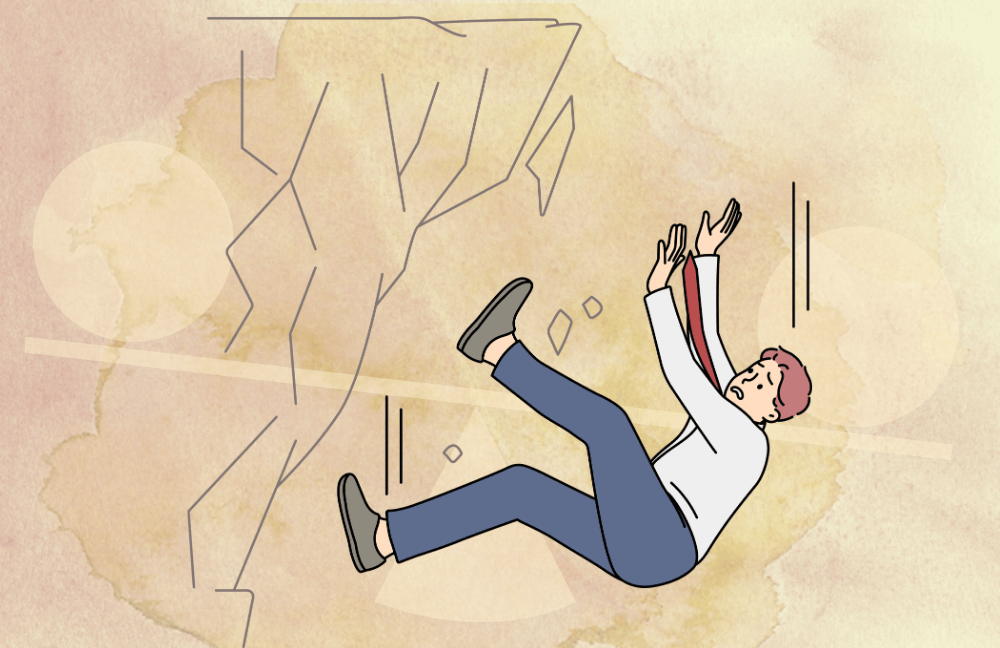
- Home
- About
- Book a Session
- Get Help
Personality
Relationships
Adult
Child
Schools
Corporates
- Do I need help?
- Trending
Managing time effectively is undoubtedly a superpower. You’ll never hear successful people say that they’re short of time. Their sun does not set later than 24 hours, so how come they’re able to do so much more within the same time span that lesser unsuccessful mortals can’t? How is that most people struggle to barely get work done while some waltz into success so seamlessly?
They know how to manage the golden resource – time.
Time saved is time earned. I know you are aware of how important it is to avoid wasting time at work, and yet, time wasters eat into your productivity like a plague. Time wasters at work are activities, habits, distractions or interruptions that eat up time that could be spent on productive tasks. They hinder your efficiency, drain your energy and disengage you from what is important. Net result? Lessened productivity and diminished chances of success. Here are time wasters you need to be mindful of while you’re at work.
A toxic coworker is a colleague, subordinate or manager whose conduct is unprofessional or harmful, and creates an unhealthy workplace environment for you. Human beings potentially can have flaws, but toxicity is a more serious issue in which people cause open and outright damage to their teams. You could drop focus, become emotional, feel subjugated and even lose the morale to work completely. Toxic people can make you feel so uncomfortable while you work, that you are unable to produce high-quality or even average results. Time is lost in dealing with passive aggression, sarcasm, rebuffing, gossiping, micromanagement, procrastination, absenteeism, apathy and harassment. Also, their constant complaining, criticizing others, and a lack of constructive solutions sabotages work and spreads negativity. Because they don’t listen and collaborate, you can’t work with them in a team. Watch out, they are prone to gaslighting, victim-playing, disrespecting, and constantly blaming others. Learn to deal with workplace toxicity to not lose time and productivity.
"Don’t let negative and toxic people rent space in your head. Raise the rent and kick them out."
- Robert Tew
Emotions are a natural part of the human experience but expressing them excessively or inappropriately in the workplace can be unsettling. Imagine intense emotions like anger, frustration, or anxiety arising in the middle of a meeting. It could be because of a disturbing occurrence in your personal life that deserves attention, and if this is the case then you should prioritize it, attend to it and even take a break if needed. But when this is anger or frustration let’s say with a coworker, then it can become difficult to maintain focus on work tasks. The mind may become preoccupied with the emotional state, making it harder to concentrate on deadlines, project details, or other important work-related matters. You may also have outbursts or arguments, that make it impossible to keep focus. And while discussions, meetings and apologies may resolve the conflict, this is unfortunately stealing your productive time. Also, when you are emotional, the brain’s executive functions like attention, retention, memory, focus, and decision making are all diminished. So, you take longer to do what you may have otherwise accomplished faster. Take relaxation breaks through your day. Try this deep breathing audio, it could help.
"Be emotional, but keep the logic to manage them, in place"
- Dr Shefali Batra
“Deciding what not to do is as important as deciding what to do.”
- Jessica Jackley
“The most valuable thing you can make is a mistake. You can’t learn anything from being perfect.”
- Adam Osbourne
Procrastination is when you put off or delay something that you know you should do, despite also knowing that it could have negative outcomes. Of course, it’s tempting to keep putting off tasks that you don’t enjoy, find boring, and most importantly; deem meaningless. The truth however is, there are always going to be some or the other commitments that seem more of a chore than fun. Procrastination wastes your time at work by triggering unnecessary delays in task completion and reducing your efficiency; resultantly you miss deadlines and offer poor-quality work. Undoubtedly you may also experience stress and anxiety because a fear of failure will eventually creep up and you’ll rush tasks at the last minute. You might also assume that projects won’t take as long to finish as they really will, which gives you to a false sense of security because you believe that you still have plenty of time to complete them. And so, you tend to spend time on unnecessary missions instead. The “present bias” motivates you with immediate gratification from baseless activities and you forego a vision of the long-term reward of your essential work. This is why it feels good in the moment to procrastinate. Use procrastination management strategies to combat this devilish time waster.
“Procrastination is like a credit card: it's a lot of fun until you get the bill. ”
- Christopher Parker





WhatsApp us